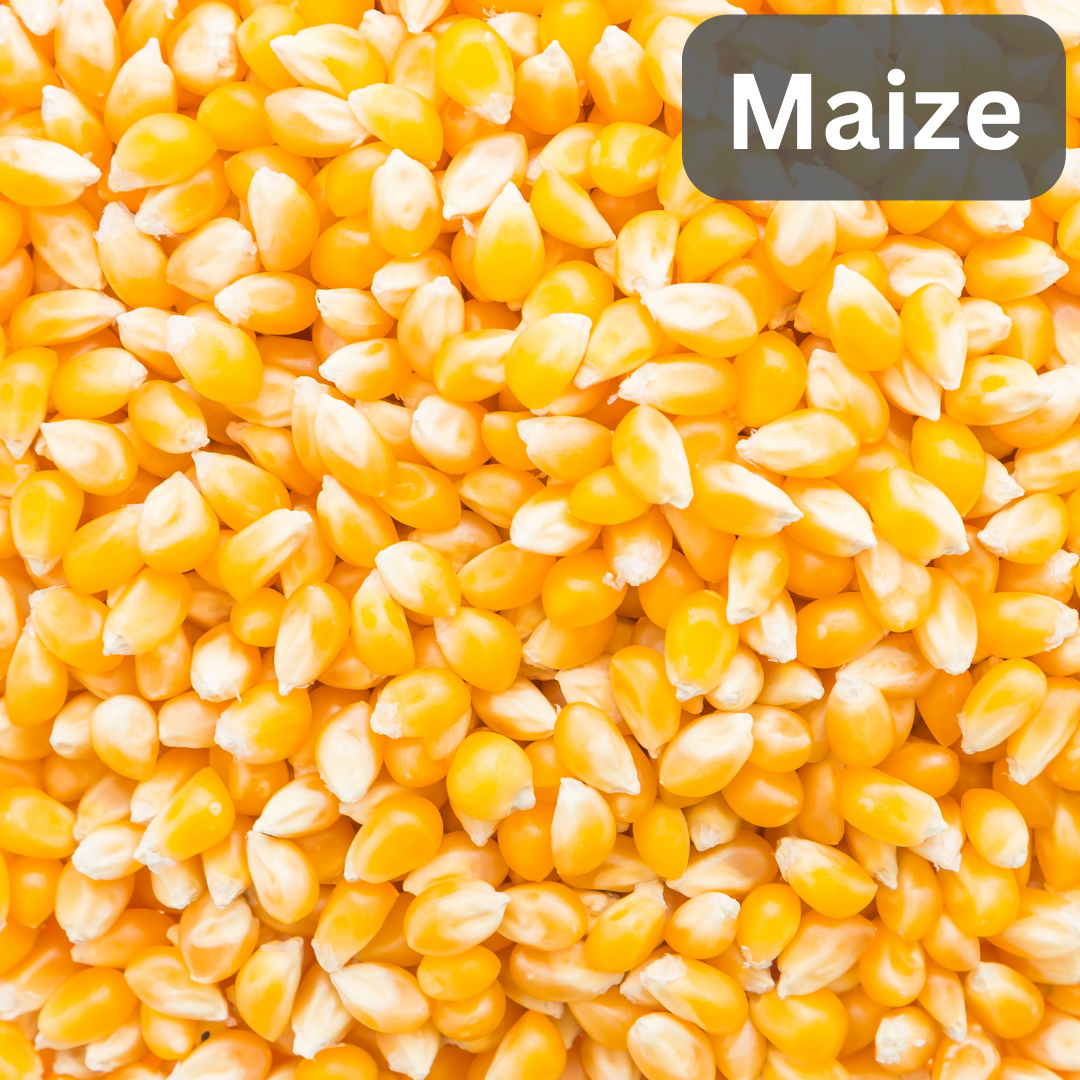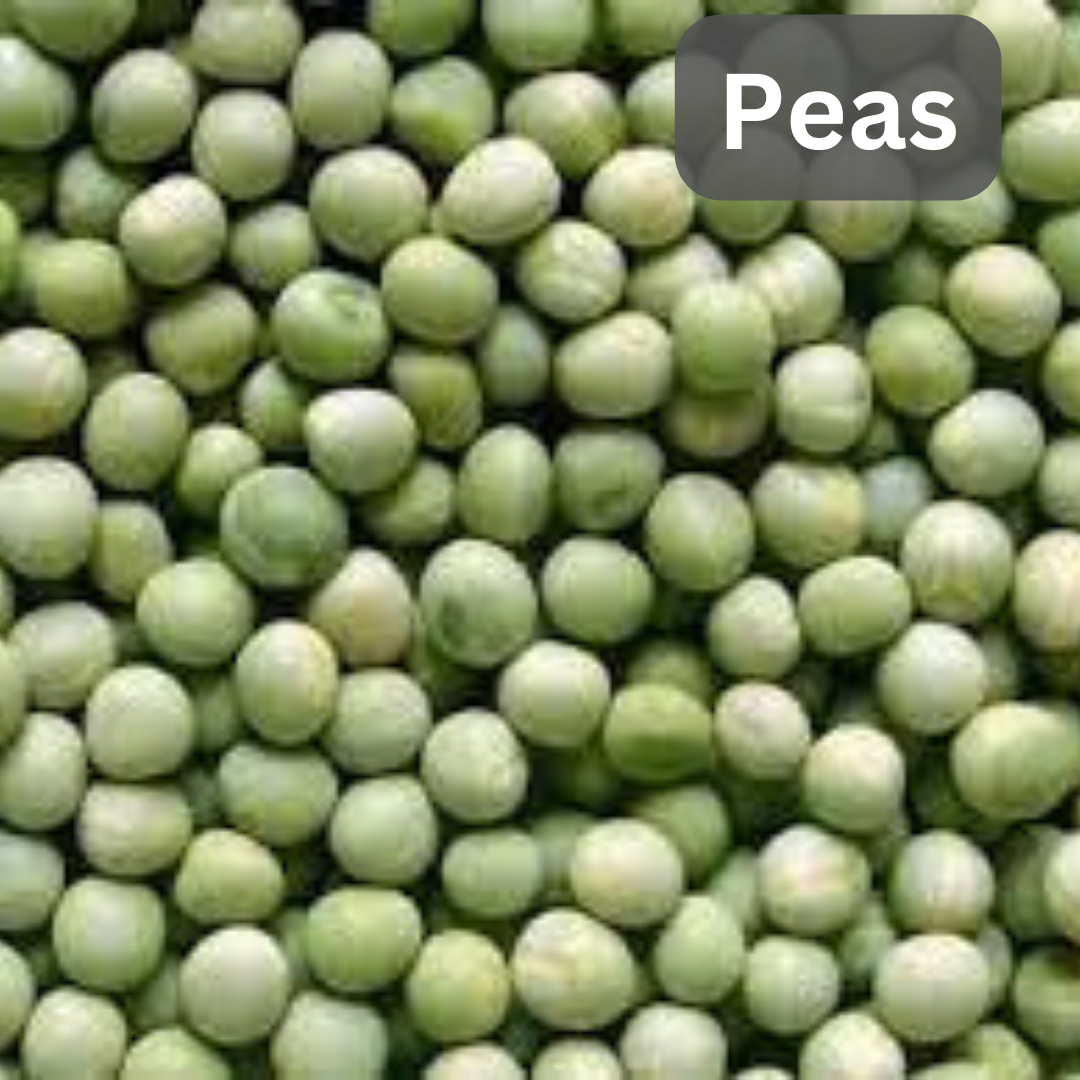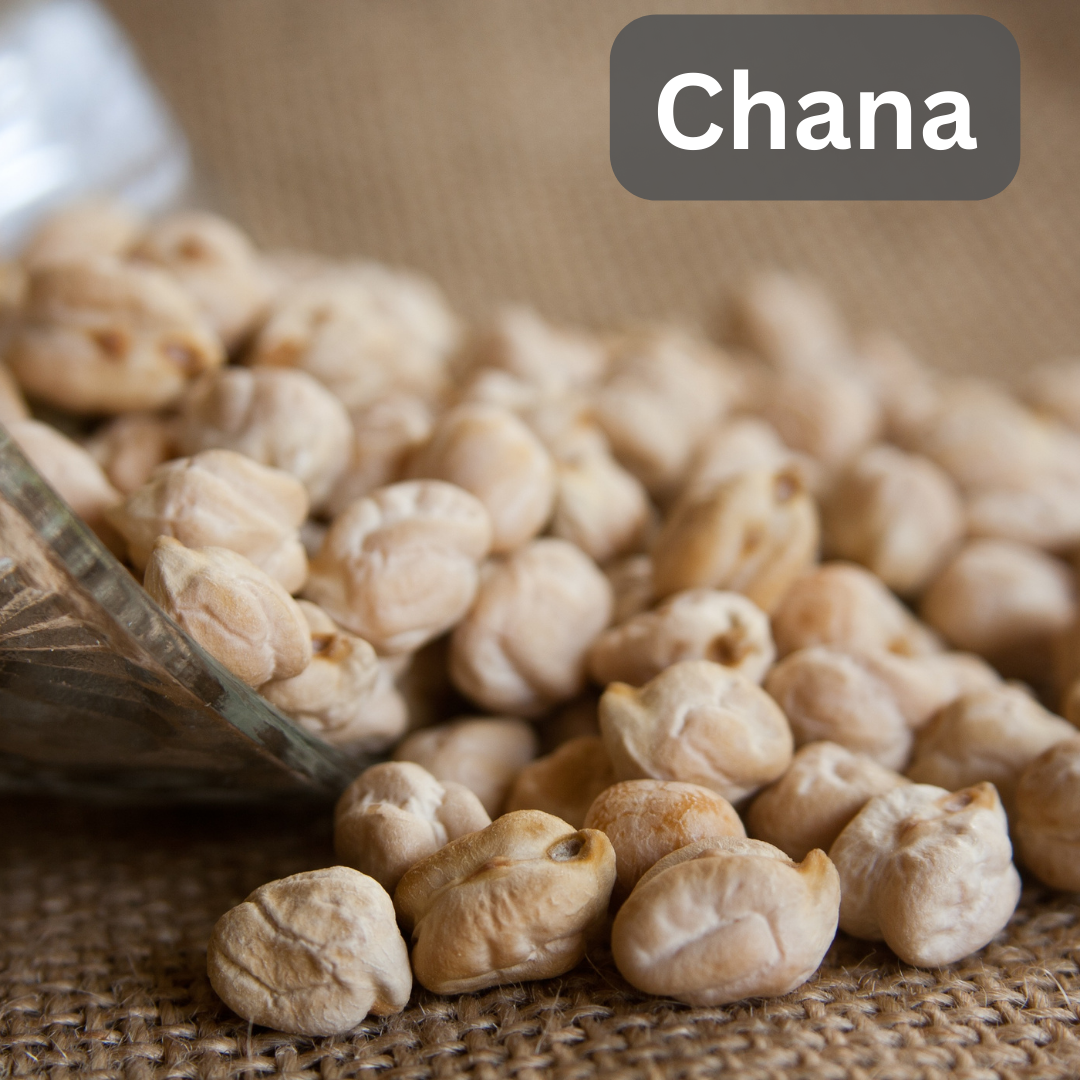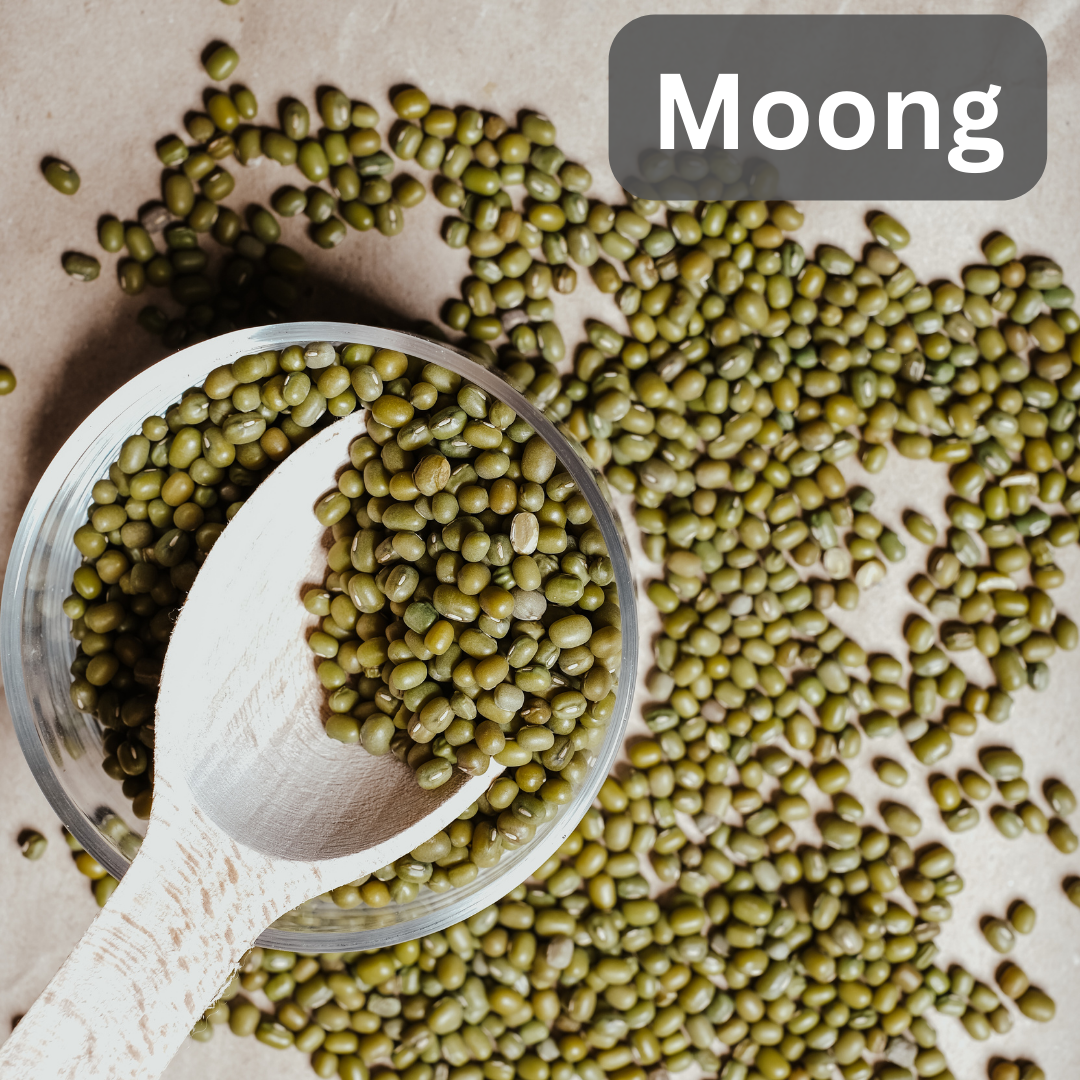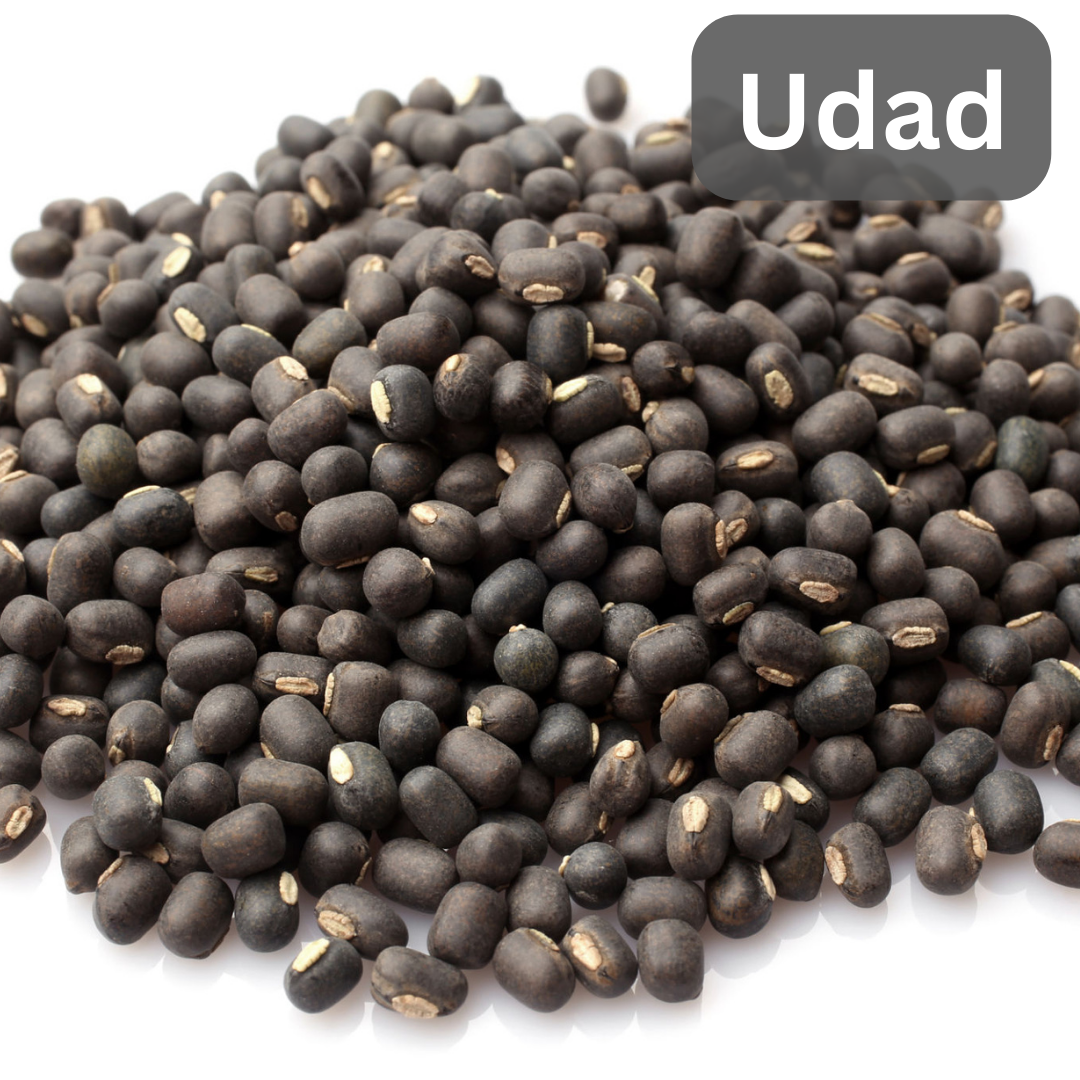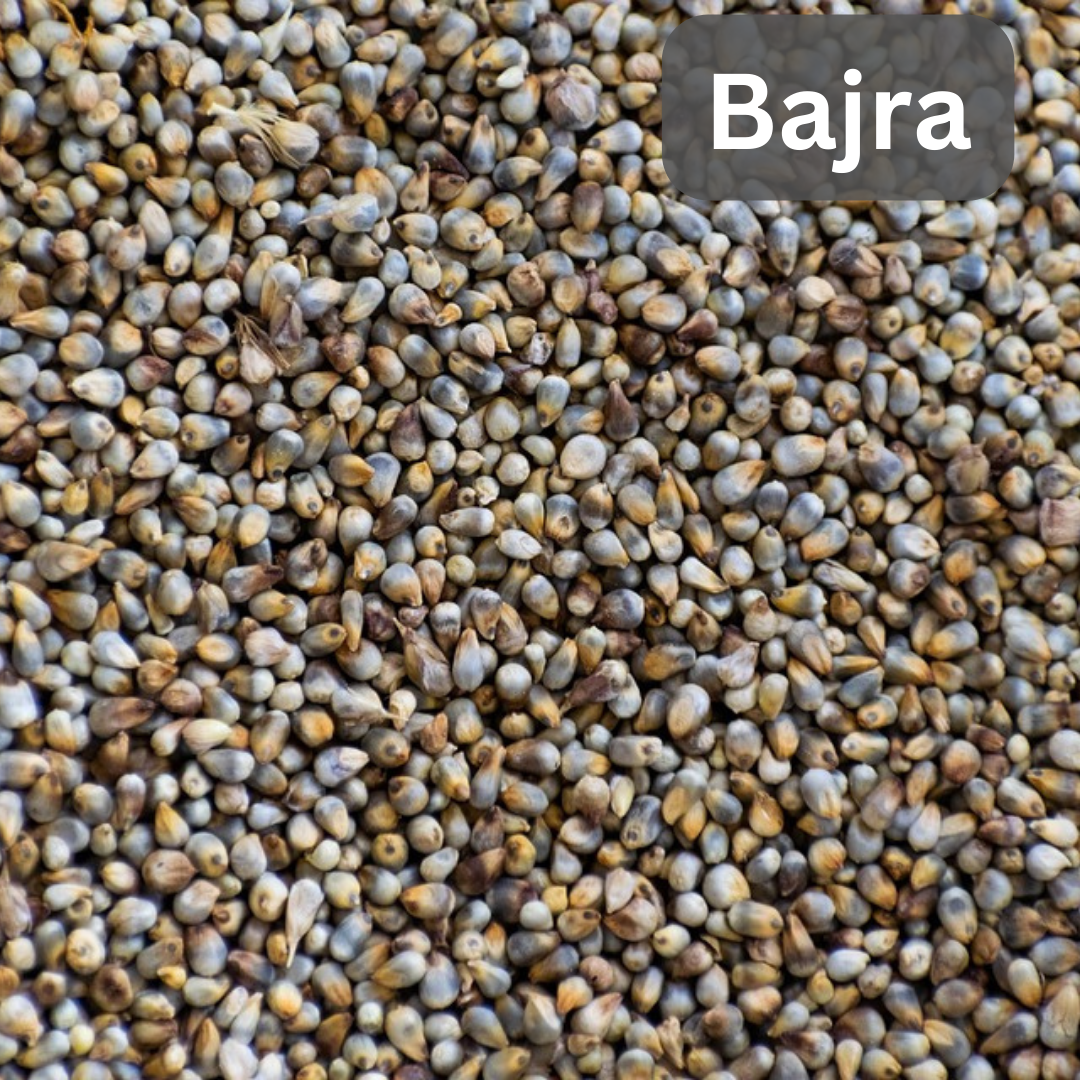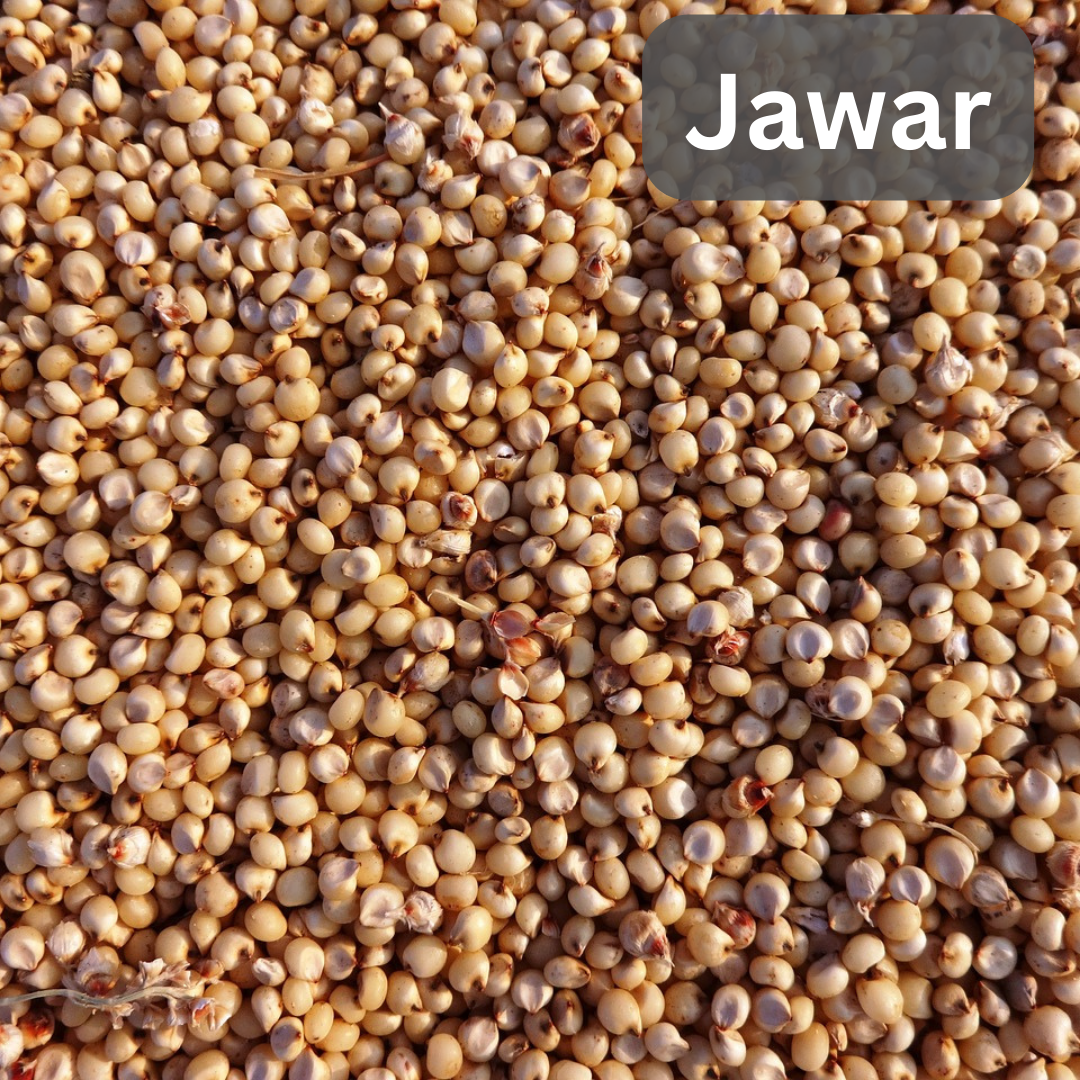As a leading supplier in the agricultural industry, we specialize in providing premium maize products for various sectors. Our extensive range includes maize for poultry feed, starch extraction, cattle feed, distillery operations, corn filtering, grits production, and human consumption. With a commitment to quality and reliability, we cater to diverse needs, ensuring that our maize meets the highest standards for every application, including corn flakes production.
Maize: Quality, Uses, and Moisture Management
Maize, also known as corn, is a versatile and widely cultivated cereal grain with numerous applications across various industries. Understanding its quality, uses, and proper moisture management is essential for maximizing its potential.
Quality:Maize quality is determined by various factors including kernel size, color, texture, and nutritional content. High-quality maize typically exhibits uniform kernel size, bright color, and a firm texture. The nutritional quality of maize is influenced by factors such as protein content, carbohydrate composition, and presence of vitamins and minerals.
Uses:Human Consumption: Maize is a staple food for millions worldwide, consumed in various forms such as whole kernels, flour, grits, and meal. It serves as a primary ingredient in dishes like tortillas, polenta, cornbread, and breakfast cereals.
Animal Feed: Maize is an important component of animal feed, providing essential nutrients and energy for livestock, poultry, and aquaculture. It is commonly used in the form of cornmeal, corn gluten meal, and corn silage.
Industrial Uses: Maize is utilized in numerous industrial processes, including ethanol production, starch extraction, corn oil refining, and biodegradable plastics manufacturing. Its versatility makes it a valuable raw material in various sectors.
Moisture Management:Proper moisture management is crucial for maintaining maize quality and preventing spoilage. Maize should be harvested at the appropriate moisture content to minimize the risk of mold growth and mycotoxin contamination. Additionally, during storage and transportation, maize should be stored in conditions that control moisture levels and promote ventilation to prevent condensation and deterioration.
Measuring and monitoring moisture content is essential for ensuring maize quality. Moisture meters are commonly used to assess the moisture levels of maize samples, allowing producers to make informed decisions regarding harvesting, drying, and storage practices.
In conclusion, maize is a versatile crop with diverse uses across food, feed, and industrial sectors. Understanding and managing maize quality, uses, and moisture content are vital for maximizing its value and minimizing waste throughout the supply chain.
